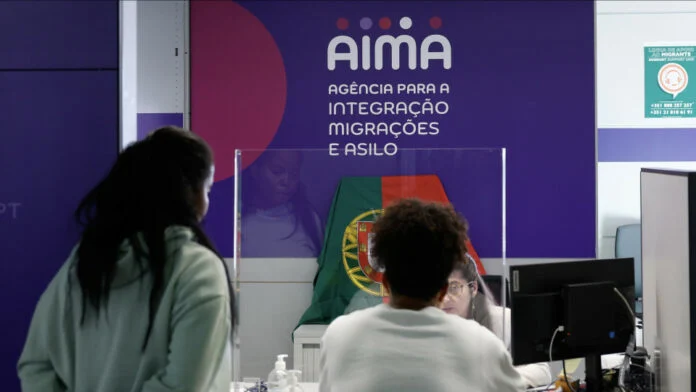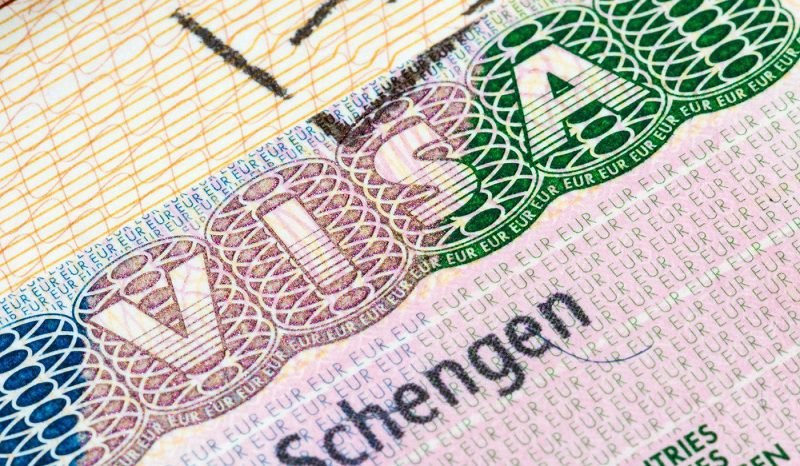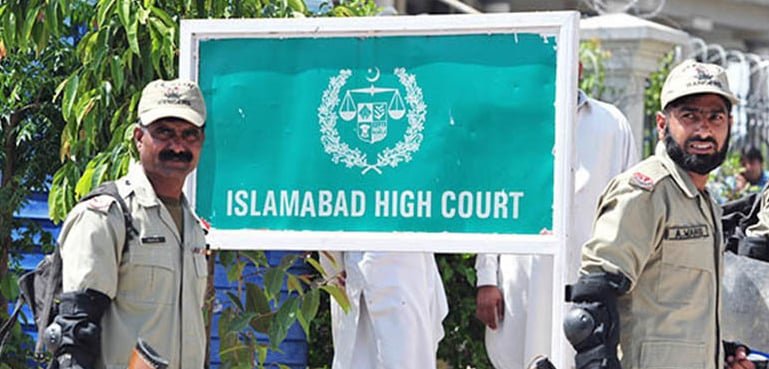
AIMA Marks Its First Year Amid Criticism and Challenges
The Agency for Integration, Migration, and Asylum (AIMA) commemorated its first year on Tuesday, a period fraught with controversies, evolving responsibilities, and widespread criticism from immigrants, lawyers, and migration experts.
Origins and Initial Objectives
AIMA was established by Portugal’s Socialist Party government as a replacement for the dissolved Foreigners and Borders Service (SEF). The agency’s creation followed the tragic death of a Ukrainian citizen, Ihor Homeniuk, at the hands of SEF officers. AIMA inherited 350,000 pending regularization cases—later rising to 400,000 by the end of 2023—and absorbed staff from other institutions such as the Judicial Police and the Institute of Registries and Notaries (IRN).
The agency’s primary goal was to separate policing duties from administrative immigration processes, aiming for a more humane approach to migration-related issues.
Operational Challenges
Despite its mission, AIMA faced an immediate backlog, with over 5,000 applications for regularization being filed each month. The situation was exacerbated by a lack of resources, with delays prompting many immigrants to seek legal action to compel the agency to respond.
At the end of 2023, AIMA encountered its first major crisis as asylum seekers were left sleeping at airports due to processing delays. Critics pointed to inadequate preparation and staffing as key factors behind the agency’s inability to meet its objectives.
Policy Shifts and Structural Changes
Following the 2023 general elections, the new PSD/CDS government announced plans to reform AIMA’s scope. These included transferring return process management back to the PSP (Public Security Police) and discontinuing the “expression of interest” mechanism, which allowed immigrants on tourist visas to apply for residency after 12 months of social contributions.
This abrupt policy change stirred controversy, particularly as thousands of immigrants were left in limbo. Although parliament approved a transitional period for those already meeting the contribution requirements, the fate of others—such as those with partial contributions or actively working while on tourist visas—remains unresolved.
In August, Pedro Portugal Gaspar replaced Luís Goes Pinheiro as AIMA’s president, with a mandate to clear the backlog of pending cases within a year. However, the structural inefficiencies of the system continued to create challenges.
Legal and Administrative Struggles
The delays led to an unprecedented volume of administrative court cases, prompting the Ministry of Justice to form a specialized team to address the influx. Legal experts criticized the agency for failing to issue timely decisions, even when legal deadlines had passed.
At airports, concerns over the management of Temporary Installation Centres grew. Critics likened the conditions to detention facilities, and legal experts highlighted procedural flaws, including inadequate justifications for entry refusals and deportations occurring during ongoing legal appeals.
Expert Opinions and Public Reaction
Migration researcher Thaís França described the dissolution of SEF as necessary but lamented the lack of investment in AIMA’s resources and technology. She pointed out that inconsistent migration policies and frequent legislative changes contributed to systemic failures.
França also warned of an increasing securitization narrative, with migration viewed through a lens of enforcement rather than integration. This shift aligns with broader trends across Europe, where stricter border controls have become a priority.
Lawyer José Gaspar Schwalbach, representing the family of Ihor Homeniuk, criticized the transition to AIMA for creating confusion among immigrants and hampering the renewal of permits. The limited human resources transferred to AIMA were insufficient to manage the mounting workload.
A Distorted Mission
França argued that AIMA’s original vision—to humanize migration management—has been overshadowed by a focus on border control and security. Despite data showing that Portugal’s immigration levels are consistent with European trends, a narrative persists that migration is unregulated.
Moving Forward
While AIMA’s first year has been marked by setbacks, it remains a focal point in Portugal’s evolving migration policies. The agency’s ability to address its structural challenges will determine whether it can fulfill its intended mission of supporting integration and streamlining administrative processes for immigrants.




















